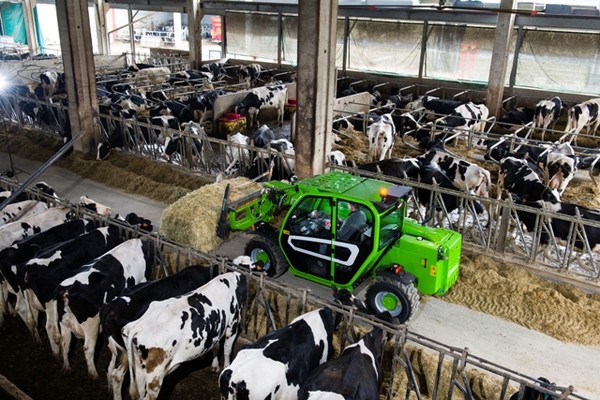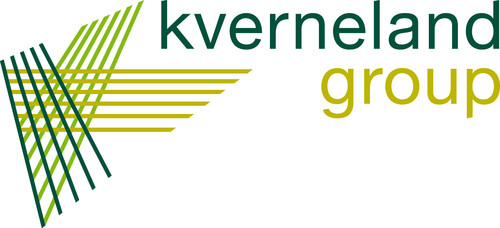
RIPRESA, an online tool to improve work safety in agriculture
A detailed project was presented for the dissemination of safety in agriculture, carried out jointly by the Inail Central Prevention Directorate and by the Universities of Tuscia, Udine and Catania. The aim of the project is to put the knowledge and data on security into a system and to disseminate it to the operators’ communities
Combining information activities with innovative and technologically advanced methods to develop the culture of prevention and safety in agriculture. This is the objective of the RIPRESA platform (Italian Network for the Promotion of Safety in Agriculture) presented on 11 October at Agrilevante. “This project is shared by INAIL, and its proponents are Value Up Group srl and the Universities of Tuscia, Udine and Catania, explained in his introduction Rino Gubiani, professor at the University of Udine. It follows from the obligation, established by Italian Legislative Decree 81/08 Consolidated text on safety in the workplace, of the election of the RLS, the workers’ safety representative, on all farms. The project involves the creation of an information platform for the RLSs and for all those, employers and workers, who want to learn more and train themselves on the subject of safety and prevention in the workplace in agriculture”. The RIPRESA project has four phases. “So far the first phase has been completed - explained Massimo Cecchini, a professor at the University of Tuscia - mainly consisting in setting up the information base to be implemented through the acquisition of data and information”. “Depending on the case - said Cecchini - the data can be already available, as held by the partner universities, or to be gathered and analysed through specific activities, to be developed according to three guidelines: listening to the RLSs, with an interview plan and through special focus groups; listening to workers’ representative organizations, through interviews addressed to all the representative unions; listening to organizations representing the farms, with interviews with all representative organizations”.
The expected outputs - said Luciano Caruso of the University of Catania - are numerous and include the establishment of the agricultural RLS community, the establishment of a technological infrastructure available to the community (able to convey safety information to the whole world of Italian agricultural RLSs, through internet sites, apps, forums, newsletters). Again, the outputs consist of information-type paths, differentiated for the main work and production contexts of the sector, and in the establishment of a structured, open-type database on agricultural safety issues, and consequently the establishment of a database of socio-behavioural data on the RLSs.








